Beijing keeps its secrets as Cheng Lei walks in sunshine
It’s unlikely that the true circumstances of the journalist’s arrest will ever be revealed, but fears over further peremptory detentions remain.
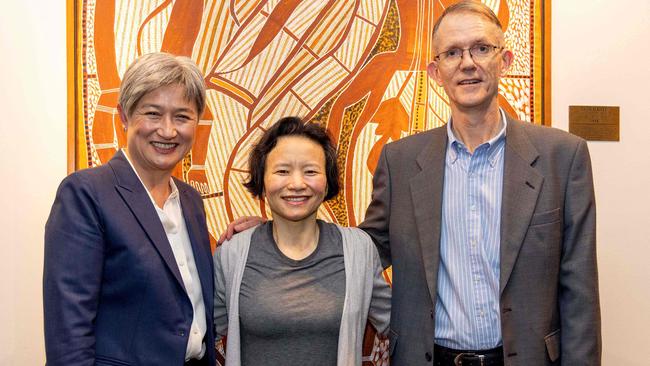
The luminous smile of Cheng Lei has epitomised, in an otherwise grim week, the triumph of the human spirit – and strikingly, of Australian resilience – in the face of authoritarian brutality.
During Cheng’s baffling incarceration, many Australians had become heavily invested in her cruel plight: not allowed any contact with her children – now aged 11 and 14 – during more than three crucial years of their lives.
Her poetic online post soon after arriving back home in Melbourne encapsulated an Aussie’s classic joy, following her jail-time restriction of direct sunlight to just 10 hours a year: “Tight hugs, teary screams, holding my kids in the spring sunshine. Trees shimmy from the breeze. I can see the entirety of the sky now! Thank you, Aussies.”
A welcome quiet spell surely will follow as she sinks back into her family – her mother has been taking care of the children – and in time her many friends, and also into Australia more broadly, the land she has attested vividly to missing so much.
Earlier Graham Fletcher, one of the most decent and humane of Australia’s representatives, unquestioningly had sacrificed his dignity as ambassador to the People’s Republic of China by attempting to witness Cheng’s secret trial.
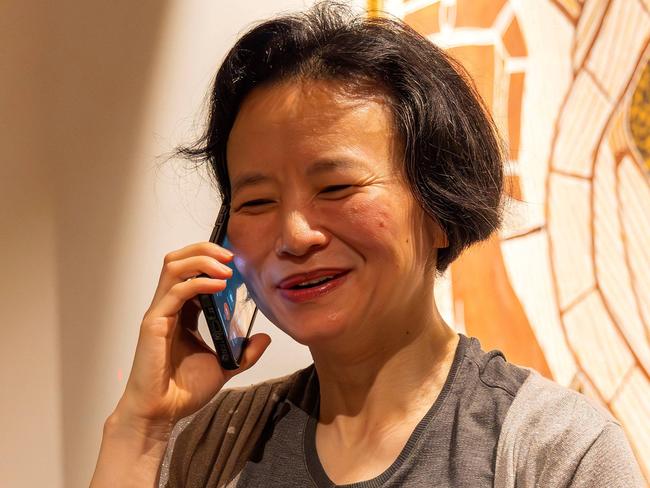
He was turned away by police, predictably – a sad event captured by media.
On Wednesday, touchingly, he chose to keep Cheng company on her Air China flight from Beijing, on being formally deported.
Foreign Minister Penny Wong, who met Cheng on her arrival in Melbourne, also had pressed for her release on every platform to which she had access and at every relevant meeting she attended.
Meanwhile Cheng’s tireless, closest friend, Nick Coyle – the former chief executive of the Australian Chamber of Commerce in Beijing – had grabbed the first flight he could from Port Moresby, where he has been working in a business venture, as soon as he was alerted to her freedom so he could be with her.
It remains unlikely that the true circumstances of Cheng’s shocking arrest will ever be revealed.
The highly secretive Ministry of State Security published on Wednesday afternoon, after Cheng had already touched down back in Melbourne, a rather bizarre account of the whole affair.
Previously, no details had been available about why she had been charged, or what with, except that it involved passing on to an undisclosed “overseas” destination, “state secrets” – which in China might stretch to almost any information, ranging from blueprints of a new missile to the colour of President Xi Jinping’s socks.
Whether she was convicted at her trial, and if so the sentence, also remained unknown.
But now the Ministry of State Security claimed, without adducing any evidence, Cheng had “violated the confidentiality clause signed with the employing unit” – she was working as an on-air business host for state broadcaster CGTN – “and illegally provided the state secrets she mastered at work to the overseas agency via her mobile phone. After filing an investigation, the Beijing State Security Bureau took criminal coercive measures against Cheng in August 2020.”
Almost risibly, the Ministry of State Security went on to claim “the Beijing No.2 Intermediate People’s Court sentenced her to two years and 11 months in prison, plus deportation, for the crime of illegally providing state secrets abroad.”
Such an offence would usually lead to a sentence of at least 10 years’ jail. In Cheng’s case, the precise, and precisely strange, sentence of two years and 11 months by no coincidence comprised the exact period between her formal charging and her release. Few will buy that.
It was necessary for Cheng to be released suddenly for the Chinese authorities to clear some of the roadblocks they had set up so they could frame appropriately the forthcoming visit of Anthony Albanese and his meeting with Xi. After all, the atmospherics in the relationship have changed.
University of Sydney Chinese politics professor David Goodman wrote for The Conversation website this week that “effectively, Cheng had become a hostage in international relations, much as other foreign nationals living in China have in the past”, including the notorious case of Canadians Michael Spavor and Michael Kovrig, who were imprisoned in response to the arrest of Huawei chief financial officer Meng Wanzhou in Canada. Then on the same day that Meng reached a deal for her release, the Canadians also were set free.
The manner of Cheng’s incarceration and release – especially the failure of Chinese authorities to explain clearly the circumstances or to provide any procedural legal transparency – points to continuing concerns about the prospect of further peremptory detention. Australian writer Yang Hengjun, 58, suffering from worsening ailments, remains in jail in China – also without plausible explanation – in the face of continuing official representations on his behalf by Canberra.
Such personal tragedies, and the saga of trade barriers imposed in the past few years apparently for political reasons and mostly since dismantled also at political direction, further underline the need for ongoing risk assessment in the Australia-China relationship.
But the overall trend remains a welcome one of stabilisation. This core initial goal of the Albanese government is being achieved, step by step – albeit its Chinese partner remains volatile, as highlighted by the recent unexplained disappearances of former foreign minister Qin Gang and Defence Minister Li Shangfu.
This weekend, however, Cheng will be celebrating that she has at last left the excitement of this challenging, and ultimately for her disastrous, world behind her.
Rowan Callick is an industry fellow at Griffith University’s Asia Institute.


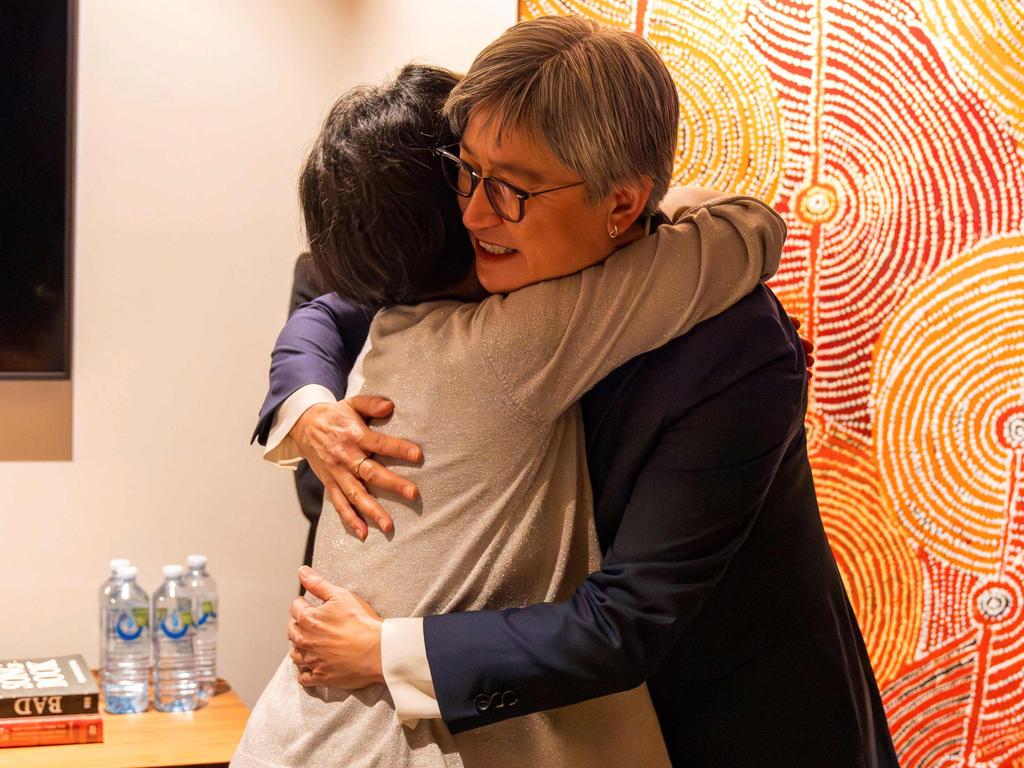
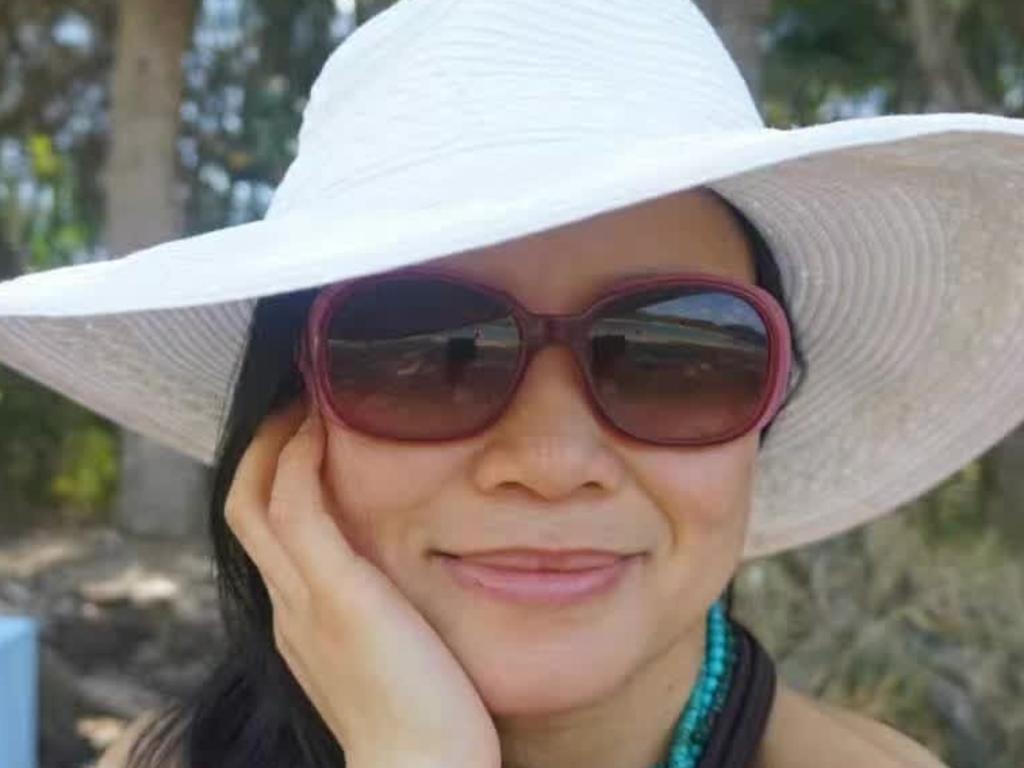
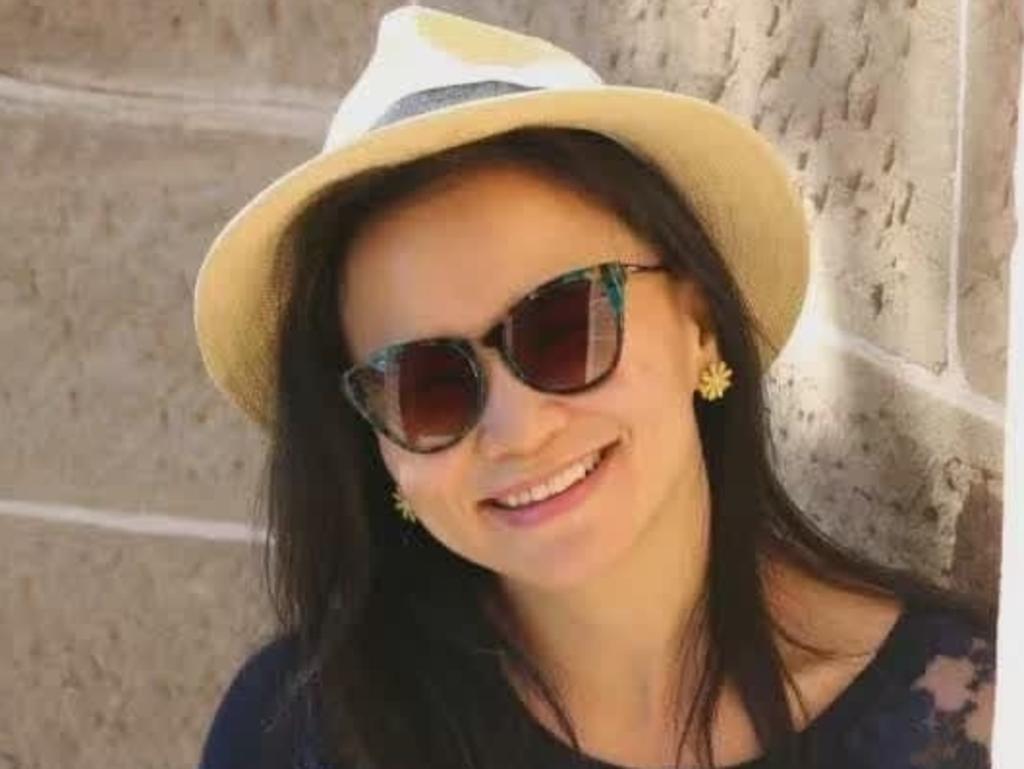


To join the conversation, please log in. Don't have an account? Register
Join the conversation, you are commenting as Logout